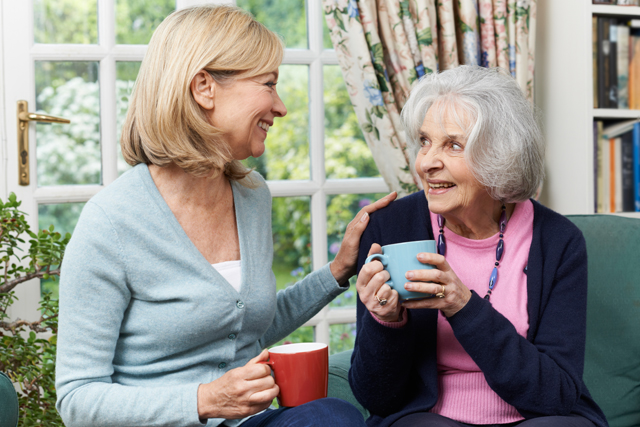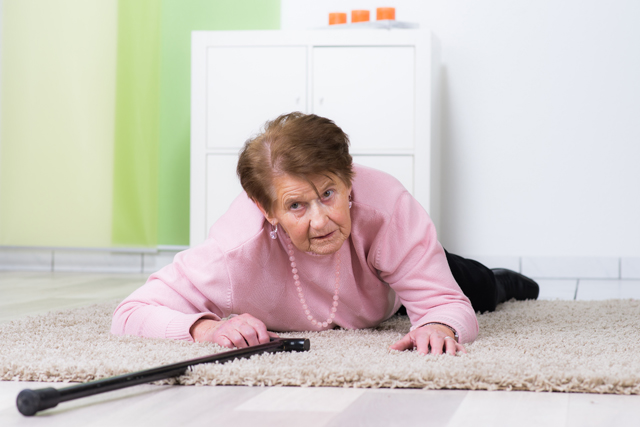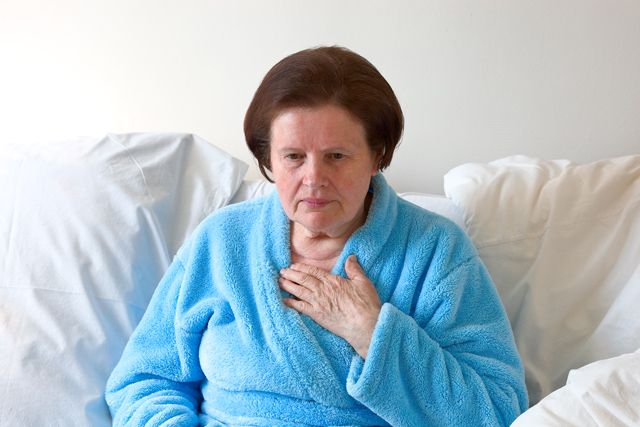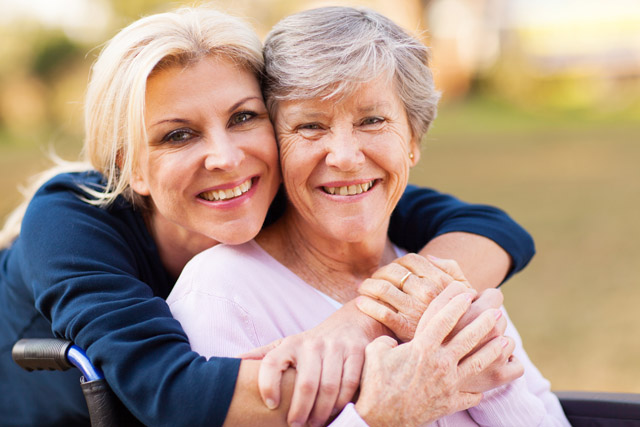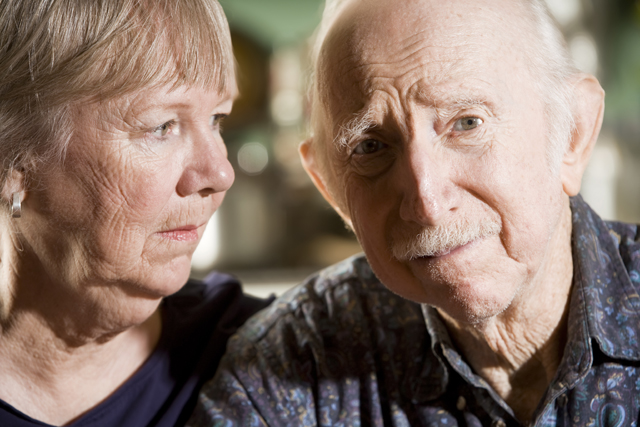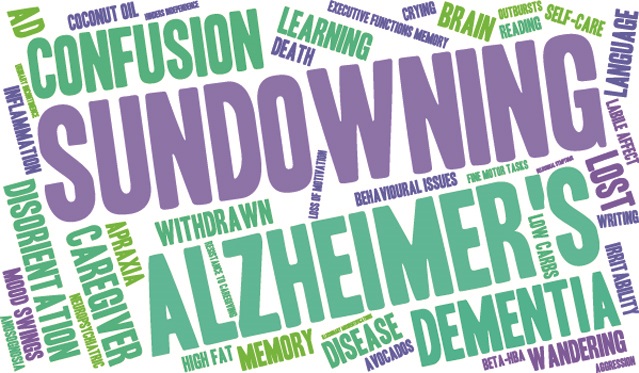It’s a fact that seniors benefit both physically and mentally from spending time with loved ones during the holidays. Just like all of us, we feel young and happy when we’re with the people we love.
Spending time with your senior loved ones isn’t just good for them; it benefits us too! Benefits such as the joy from being together, the pleasure that comes from being reminded that we’re cared for and thought about, are just the beginning.
Did you know there are many studies that show the negative affects of isolation and loneliness on seniors? It’s well documented now that seniors who don’t interact with loved ones enough, especially during the holidays, show signs of memory problems, poor health, depression and even the mortality rate increases. These things can be true no matter how old someone is, but they are far more likely to have a negative impact on our seniors.
What Are the Benefits of Visiting Senior Loved Ones?
Frequent phone calls, visits and communication are super helpful in combatting the effects of loneliness and isolation. Here are some other wonderful benefits!
• Visiting your senior loved ones lets you evaluate their overall well-being.
This is among the best benefit of all—just connecting and making sure they are alright. Check to see if any major changes have happened since your previous visit. Are they still doing well with self-care and hygiene? What about medication management? These are all things that can be assessed during a visit. But the most important thing is to check on their happiness.
• Visits can clue you in to the possibility of elder abuse.
If your senior loved one lives on their own, it can be easy for them to neglect important aspects of their care. Sometimes this can be due to memory problems and other times it can really be from depression. Either way, it should be addressed. If they are in an assisted living facility, check to be sure they are getting the care they need in a timely fashion. Don’t be afraid to ask questions and use your common sense when it comes to the staff and medical team. If your loved one seems nervous answering questions, it could be a sign they are not telling you everything.
• Reminisce during your visits!
Most senior adults love to talk about days gone by, special memories that mean a lot to them, and even about loved ones who have gone on. Bring along photos and scrapbooks to help jar their memories and sing some favorite songs. Seniors who suffer with dementia can benefit greatly from trips down memory lane. It is often when they are at their happiest. It also gives you the chance to listen and learn from their lives!
• Visits are a simple reminder that they are loved.
For the vast majority of us, quality time spent together is our single biggest way to feel loved and connected. Seniors are no different. Your physical presence in the room brings enormous joy and comfort and contentment.
A Few More Tips
It can be hard to pull of personal visits to your senior loved one sometimes, but there are other things you can do that can be just as powerful as your presence. Try the following ideas and do them often!
- Send cards
- Send email if they have access to it.
- Write a letter the old-fashioned way—on pretty stationery!
- Send photos
- Send a care package with favorite goodies
- Call them
The bottom line here is that our senior loved ones always feel younger and happier when they are connected to friends and family. Take the time to reach out and go visit, even if for short times. Don’t let life get in the way of these moments. You will regret it later. Each moment spent with senior loved ones is precious for both parties!
For more caregiving tips for your loved ones, visit our senior home care blog.
Home Helpers of Norwood and Metro South is a locally-owned, trusted home health care agency and offers quality, compassionate senior in-home care services including home care assistance, personal care, companion care, respite care, Alzheimer’s & dementia care as well as homemaker services in Norwood, Newton, Attleboro, Wellesley, Franklin, Needham, Mansfield, Canton, Avon, Dedham, Bridgewater, Dover, Easton, Walpole, Auburndale, Foxborough, Medfield, Milton, Norfolk, Waltham, Newtonville, No. Attleboro, Plainville, Raynham, Rehoboth, Sharon, So. Attleboro, Stoughton, Sherborn, Waban, Westwood, and Wrentham.

